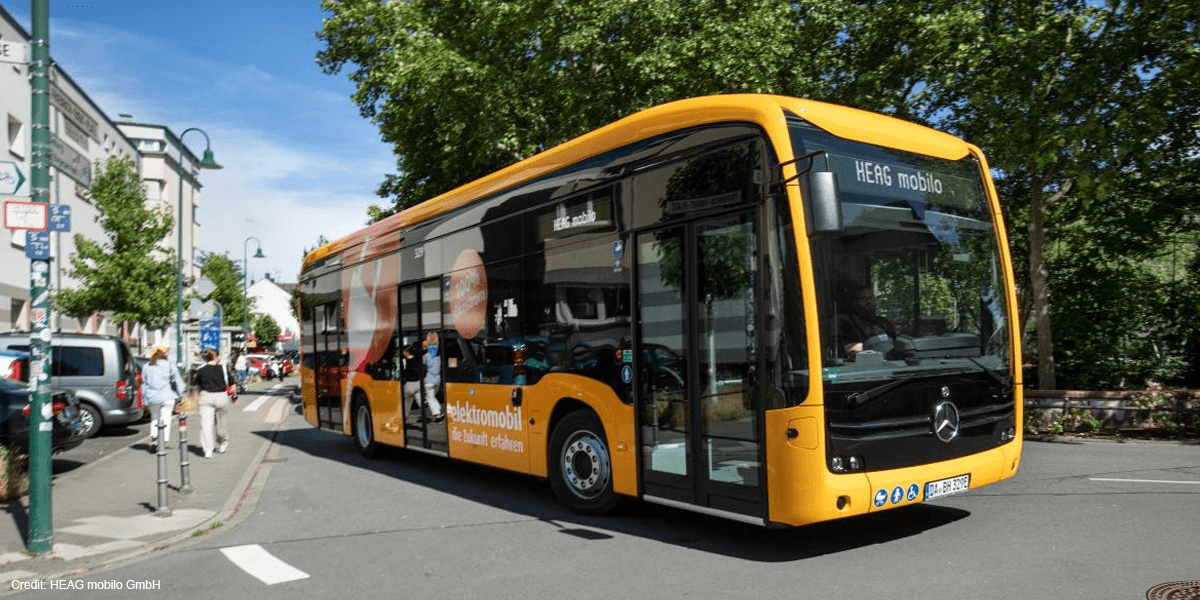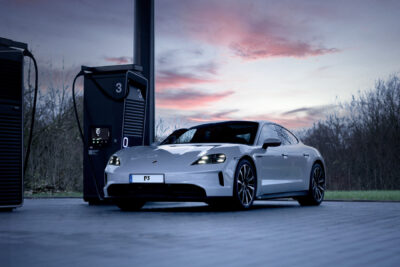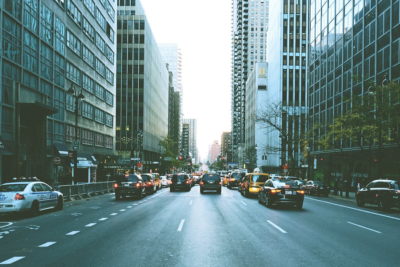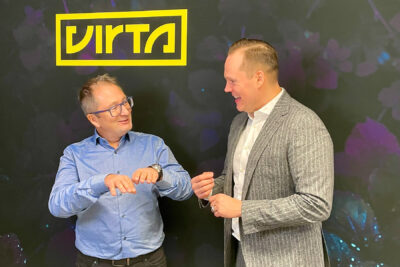HEAG mobilo orders 24 eCitaro buses for Darmstadt
In Germany, the Darmstadt transport company HEAG mobilo has ordered 24 eCitaro electric buses from the Daimler subsidiary EvoBus including eleven solo and 13 articulated buses. The fleet should arrive at the Böllenfalltor depot from the third quarter of 2021 and replace older diesel vehicles.
Since the middle of the year, five first-generation eCitaro vehicles have already been in service on the HEAG mobiBus routes. The reinforcements are expected to arrive in the second half of 2021 will serve almost all lines in Darmstadt and the Darmstadt-Dieburg district. More than a third of the entire fleet will then be electric, according to company headquarters. HEAG mobilo plans to switch entirely to electric operation by 2025.
The Darmstadt company estimates the acquisition costs at around 16 million euros, with the federal government contributing funds of 8.9 million euros until 2021. The transport company is already preparing further applications: “The next call for funding by the Federal Ministry of Transport will probably be published in November; then we will again apply for funding for the planned procurements in 2022 and 2023,” says Bettina Clüsserath from the management of HEAG mobilo.
The current solo bus order already includes eCitaro models with a battery update. With a battery capacity of 396 kWh, the eleven units will have a range of up to 225 kilometres. According to HEAG mobile, these can be charged at the depot within three hours at the 150 kW charging capacity. The battery configuration of the articulated buses that Daimler calls eCitaro G is not yet fixed: “The range and capacity of the articulated buses depend on the battery system installed, which is currently still under negotiation,” the transport company writes.
For its imminent launch, the eCitaro G will rely on the same batteries as the 12-meter solo bus. “Probably before the end of this year”, however, the changeover to a new generation of NMC cells is to take place, increasing the capacity from 292 to 396 kWh. The Group also intends to offer solid-state batteries as an option.
“With the 24 new electric buses and the existing ones, we will be able to operate well over a third of our bus fleet electrically,” says Managing Director Matthias Kalbfuss. “Our first eCitaros have already covered around 30,000 kilometres in passenger service and have so far proved their worth”. The company welcomes the step-by-step conversion: “We are already benefiting from the technical development because the batteries of the new eCitaros have 108 kWh more capacity than the current vehicles,” says Co-Managing Director Michael Dirmeier. This also increases the range by 55 kilometres. “We assume that this trend will continue,” he says.
In terms of charging capacity, the local energy supplier Entega is currently upgrading the depot at Böllenfalltor with 28 150 kW chargers, each with two charging points, for which Entega is using solutions from Heliox. The company says that all of the depot chargers together deliver a total output of 4.2 MW. One of two transformer stations was built in spring when a transfer station was installed. The second transformer station is to follow in October. The installation of an intelligent charging management system is also planned for mid-2021.
heagmobilo.de (in German)





0 Comments